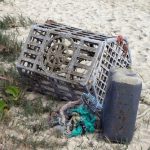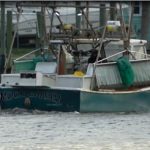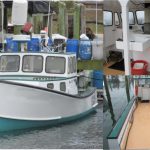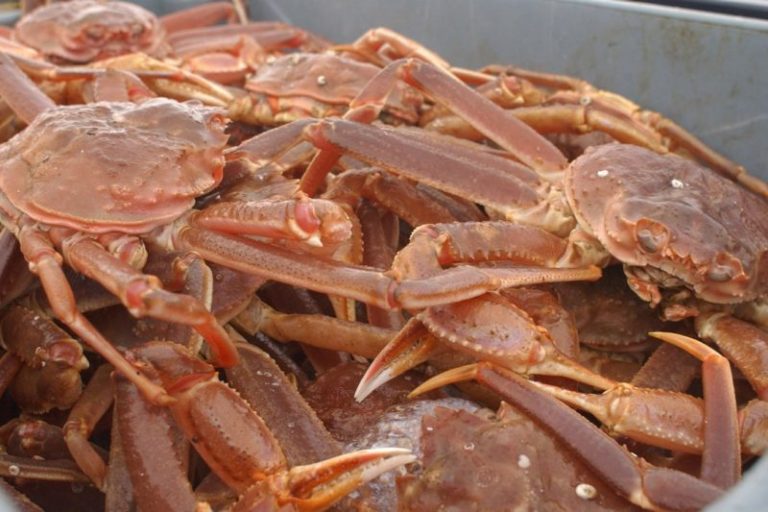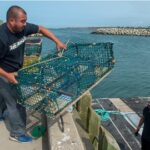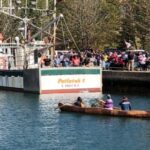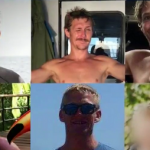Daily Archives: May 8, 2020

Gulf of St. Lawrence Fishing zones closed after North Atlantic right whale sightings
The closures of the nine grids were effective Friday at 5 p.m. Fisheries and Oceans Canada had allowed a 96-hour delay of the grid closures due to the weather forecast. All of the gear affected had to be removed from the closed area before the time of closure. All gear from any fishing season that was open at the time of the closure had to be removed including snow crab, toad crab, rock crab, lobster, whelk, Greenland halibut (fixed gear) and winter flounder (fixed gear). The closures would also be in effect for Atlantic halibut (fixed gear), mackerel (gillnet) and herring (gillnet) when gear is left unattended. >click to read< 20:22
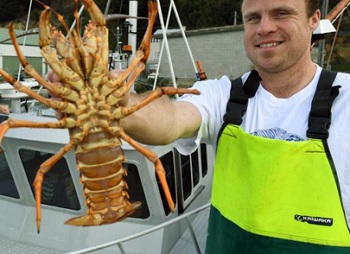
‘Not doomsday’: Commercial fishers say crayfish season looks promising
“A glimmer of light” is how Otago-based commercial fisherman Chris Cooper describes the state of the rock lobster industry — one of the first sectors to be crippled by the Covid-19 outbreak. The Chinese market closed to all rock lobster — or crayfish — exports in late January. China took 95% to 98% of all commercial crayfish landed in New Zealand. “We basically got a Dear John letter on January 24 and told there was no market. Now the market was starting to slowly open up again and Mr Cooper was pleased to be back in business, saying prices were “looking solid”. “My gut feeling is its going to be OK,maybe like last season — not a boomer, not a doomsday either. I’ve got a feeling its going to be a solid one,” >click to read< 17:49
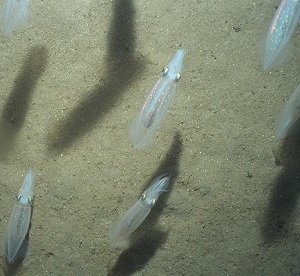
Squid Fishery Responsible for Over 2,500 Jobs, $240 Million in Economic Impact in New England and Mid-Atlantic region
Fishing for longfin squid brings in tens of millions of dollars in annual revenue and supports thousands of full-time jobs, according to a new study from the Science Center for Marine Fisheries (SCEMFIS). “Loligo squid is a significant part of our business and is also a Marine Stewardship Council-certified, sustainable fishery with its products in demand in the U.S., Europe and Asia,” said Jeff Kaelin, Director of Sustainability and Government Relations for Lund’s Fisheries, in Cape May, New Jersey. “This study shows the extent to which our fishery has grown in size and economic importance, which needs to be considered by both fishery and wind-energy regulators making decisions impacting our future.” >click to read< 16:44
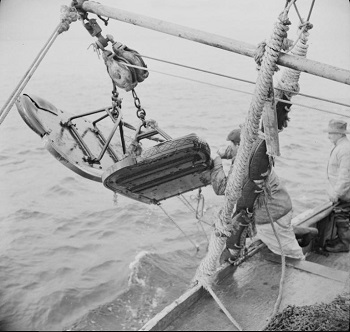
Historic photos: 1942 fishing trip off Provincetown aboard the Provincetown-based dragger F/V Francis and Marion
These amazing photos from 1942 take you aboard the Provincetown-based drag trawler Francis and Marion, fishing off Cape Cod. The trawls are constantly being repaired; while one net is down all hands turn to mending a second one. “Doors,” which when lowered, slide over the bed of the ocean like sled runners, dragging behind them the purse seine which scoops up miscellaneous fish, rocks, crabs, lobsters, and a great deal of slime. 21 photo’s >click to review< 13:07
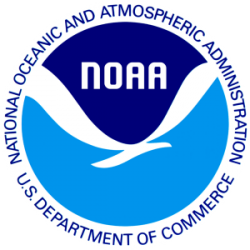
Commerce Secretary Announces $300 Million CARES Act Allocation – NOAA will disburse funds through partners
As a next step, NOAA Fisheries will use these allocations (see below) to make awards to our partners—the interstate marine fisheries commissions, Puerto Rico, and the U.S. Virgin Islands—to disburse funds to address direct or indirect fishery-related losses as well as subsistence, cultural, or ceremonial impacts related to COVID-19. “We are going to rely primarily on our partners at the interstate marine fishery commissions during the award process because they have a demonstrated track record of disbursing funds provided to them quickly and effectively,” said Chris Oliver, Assistant Administrator for NOAA Fisheries. Read the Summary of Allocations, and review the question and answer section. Q. Who should affected fishermen and communities contact about accessing this funding? >click to read< 11:00

A miraculous turn of events – Michael Moore and Driessen agree! Wind, solar and biofuel energy are devastating Planet Earth
Never in my wildest dreams did I envision a day when I’d agree with anything filmmaker Michael Moore said – much less that he would agree with me. But mirabile dictu, his new film, Planet of the Humans, is as devastating an indictment of wind, solar and biofuel energy as anything I have ever written. The documentary reflects Moore’s willingness to reexamine environmentalist doctrine. It’s soon obvious why more rabid greens tried to have the “dangerous film” banned. Indeed, Films for Action initially caved to the pressure and took Planet off its website, but then put it back up. The film is also on YouTube. >click to read< 10:04
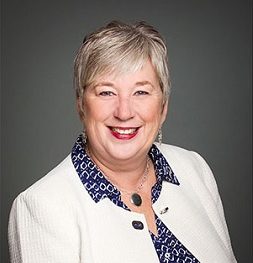
Coronavirus: Atlantic Canada’s fishing industry calls on feds for help
Crab and lobster fisheries throughout Atlantic Canada have faced delayed season openings due to fears about the coronavirus spreading in small communities and close working conditions. A significant drop in prices due to a collapse in retail and restaurant markets in the United States, Japan and China, major export markets for Canada’s seafood, overshadow the start of the season for many. Responding to a question during Tuesday’s virtual House of Commons meeting, Fisheries Minister Bernadette Jordan said support for the industry would be announced in the coming days, but by Thursday no additional details were available. >click to read< 09:09
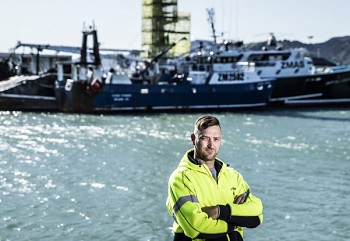
Nelson-based fishing crews adrift from Coronavirus during lockdown
The crew of Nelson-based fishing vessel Ocean Pioneer has spent the last nine weeks in a boat bubble, catching scampi on the Chatham Rise as the world was changed by Covid-19. Skipper Blair Alderson and his crew of five deckhands and a chief engineer departed Nelson two weeks’ prior to the March 26 level 4 lockdown.,, Damage to the boat’s television dome on the second day of the first trip restricted their news updates to emails from home and chatter with other boats in the vicinity. The crew were able to truly grasp the lockdown situation when they unloaded their first catch at Port Nelson in the midst of level 4 lockdown. >click to read< 07:52


































